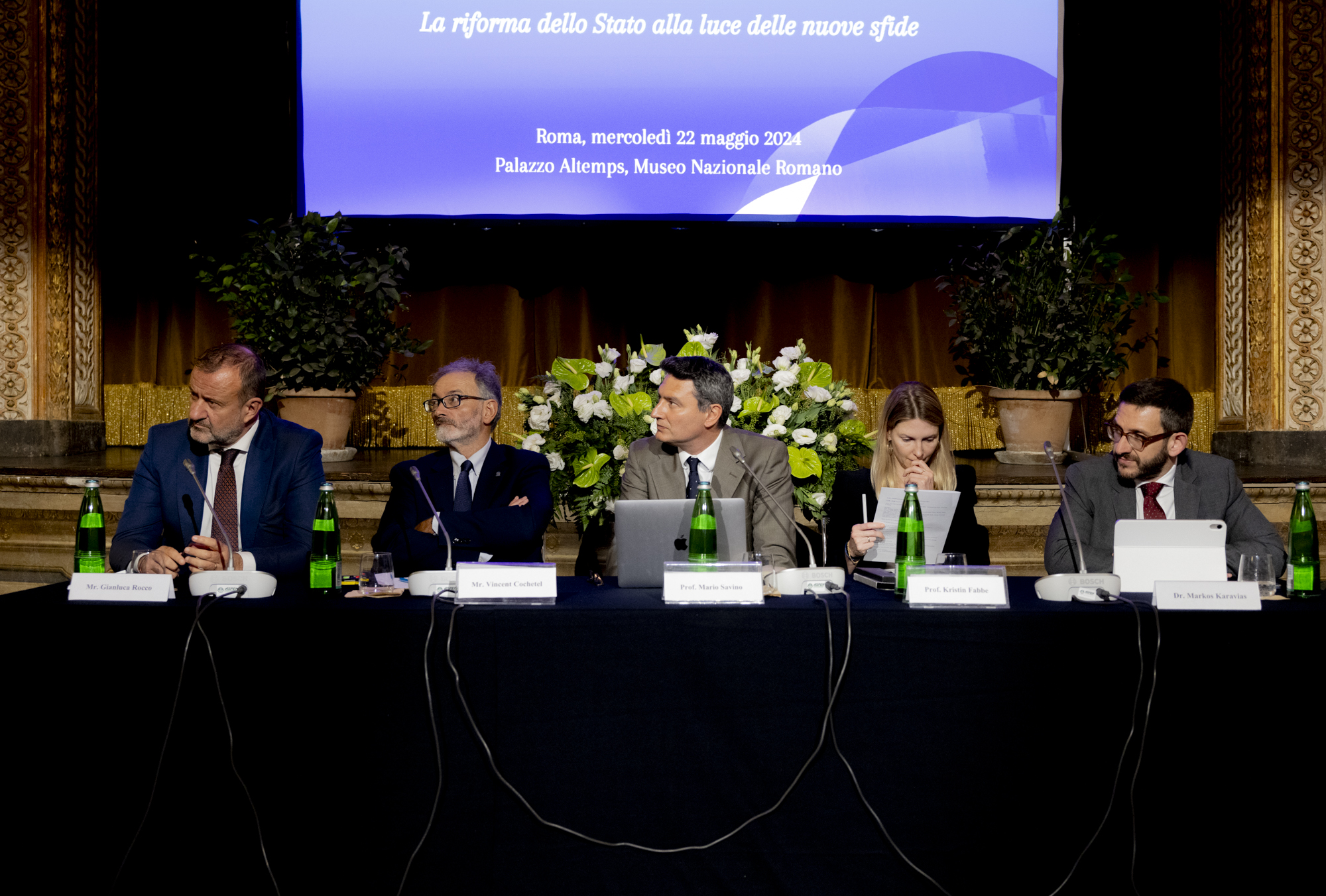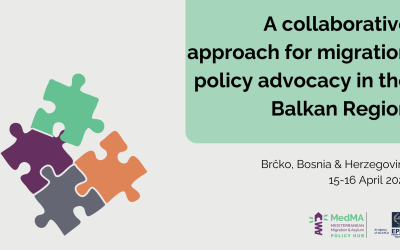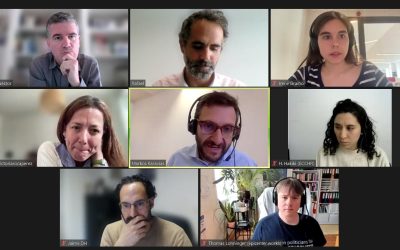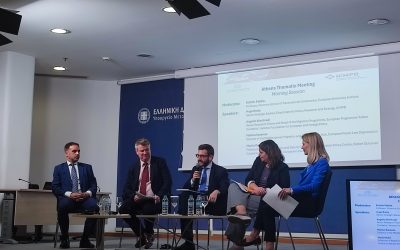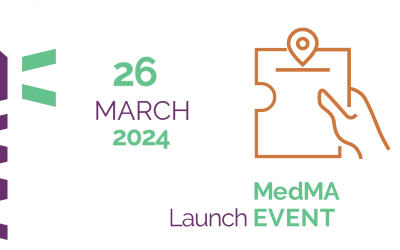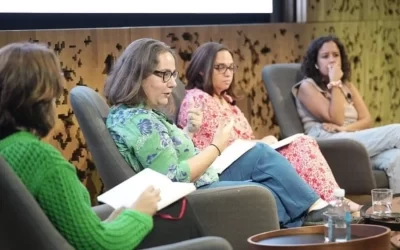Prominent politicians, policy leaders and scholars joined a panel discussion titled “The Challenge of Migration, with a focus on Regional Approaches to Migration and Asylum Policy”. The conference marked the inauguration of the European Public Law Organization (EPLO) office in Rome on May 22, 2024. The panel was chaired by Professor Mario Savino of the Tuscia University of Viterbo.
H.E. Mr. Jorge Carlos Fonseca, Former President of the Republic Cabo Verde, opened the session addressing the root causes of migration, including climate change, long-term conflicts, and economic disparities. Fonseca highlighted that Africa plays a crucial role as a source, transit, and destination for migrants, with forced migration often driven by humanitarian crises. He emphasized the need for integration policies and responsible governance in countries of origin to mitigate forced migration. “The migration crisis challenges our humanitarian values and solidarity,” Fonseca remarked, calling for comprehensive solutions that uphold human rights.
H.E. Mr. Josep Brkić, Deputy Minister of Foreign Affairs of Bosnia and Herzegovina, discussed the dual challenges of irregular and legal migration in the Western Balkans. He stressed the importance of harmonizing visa policies with the European Union. Brkić emphasized the need for EU support to manage migration effectively and pointed out the economic implications of migration, both for the region and the broader European context. “Migration is a regional issue that requires coordinated efforts and robust support from the EU,” Brkić stated.
Professor Kristin Fabbe of the European University Institute provided a historical perspective, drawing parallels between past and present crises that led to major trends in human mobility. She critiqued the globalized system’s failure to manage the movement of people effectively and advocated for new tools and systems to address migration challenges. Fabbe highlighted the need for regularization and depoliticization of the migration debate to create sustainable solutions. Fabbe concluded with some Rawlsian thought experiments: The Veil of Ignorance: How would migration policies be designed if we did not know our societal position? The Difference Principle: How can we create policies that do not leave the less well-off worse off? Finally, she concluded on the need to recognize the positive externalities of migration, to shift the narrative towards a more positive perception.
Mr. Vincent Cochetel, UNHCR Special Envoy, shared insights from previous migration crises and stressed the importance of learning from past experiences. He emphasized the need for effective border procedures and international cooperation to manage migration. Cochetel criticized the lack of readiness and capacity in Europe to handle future migrations and warned against quick fixes and the externalization of migration responsibilities. “We need unity, solidarity, and evidence-based approaches to manage migration effectively,” he said.
Mr. Gianluca Rocco, Chief of the IOM mission in Greece, reflected on the lessons from the 2015-16 reception crisis, underscoring the importance of joint EU responses. He highlighted the economic drivers behind migration and the need for credible regular pathways. Mr. Rocco stressed the importance of regional approaches and inclusive policies involving multiple stakeholders, including civil society and the private sector. “Migration is a regional phenomenon that requires comprehensive and coordinated solutions,” according to Mr. Rocco.
Dr. Markos Karavias, Director of the Mediterranean Migration and Asylum Policy Hub of EPLO, emphasized the need for effective administration to manage migration. He advocated for forecasting, innovation, and scalability in migration policies. Moreover, Karavias highlighted the role of multi-level governance, involving international organizations, local actors, and the private sector. He also stressed the importance of inclusive policies that involve migrant communities in the decision-making process. “Effective migration management requires collaboration and innovation at all levels,” he concluded.
In conclusion, Prof. Mario Savino highlighted the ambitious nature of the new European pact on migration and asylum, warning of the high risk of failure if public regulation relies excessively on coercive measures. The session underscored the need for a more sustainable and evidence-based approach to migration, emphasizing regional cooperation, adequate resources, and inclusive policies to address the complex challenges of migration effectively. “We need to reconcile migration management with economic and demographic needs while respecting human rights and EU values,” said Prof. Savino.
You may watch the discussions here.

